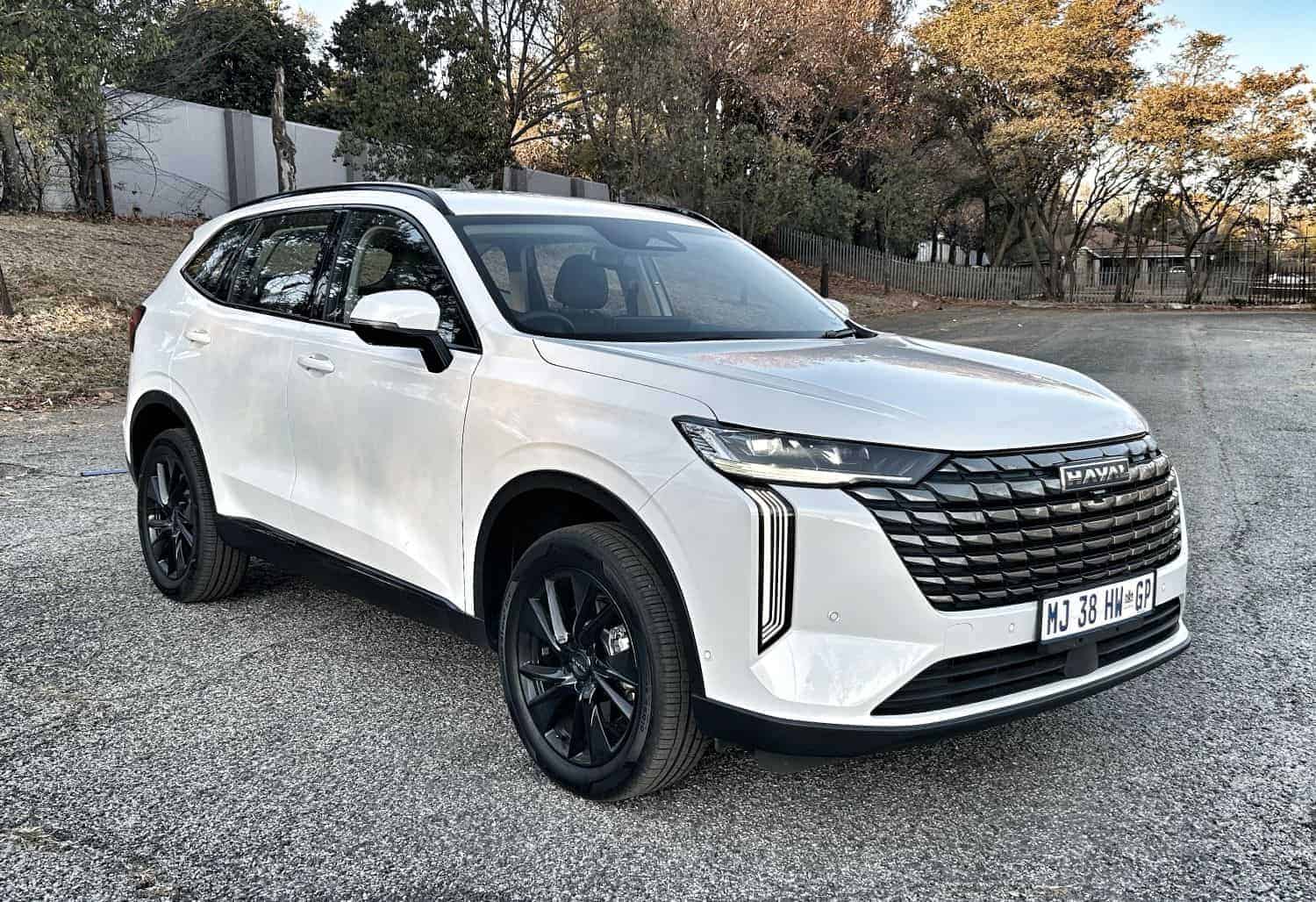While the presence of these cars in South Africa has given people a variety of options to choose from, there is a possibility that they may harm the country’s economy over time.

A day does not pass by without seeing a Chinese car brand on South African roads, such as Jetour, Chery, Haval, Omoda and others. Data has revealed that the increase in these car brands is driven by women, while men still prefer German and familiar car brands.
While the presence of these cars in the country has given people a variety of options to choose from, there is a possibility that they may harm the country’s economy over time.
Key players in the automotive industry gathered on Wednesday in Sandton, Gauteng, at the DealerCon by Cars.co.za summit to discuss the significant shift the industry has undergone over the past few years and what the future holds for it.
Chinese takeover
Henry Botha, head of Strategy and Business Analytics at Absa Vehicle Finance, highlighted a shift in consumer behaviour. He said the demand for cars is growing, but people’s salaries cannot keep up.
According to their data, Chinese cars are gaining popularity among the middle class, particularly among women. He attributed this growth among women to a focus on value, while men remain loyal to the German brands.
“Women between the ages of 36 and 45 are mostly buying these cars, and earn above R200 000 per annum. While the men within the same age and income bracket stick with the well-established and known brands.”
ALSO READ: Chinese automakers presence felt in SA; challenges mount for automotive industry
Why people love Chinese cars
Alan Quinn, executive head of Brand, Marketing and Content at Cars.co.za told The Citizen that there are many factors why people would go for Chinese cars. The leading factor is how affordable they are, but some go for them for their technology.
“If you are not a petrol head, the Chinese brands are great for you. The aesthetics, the price, and the technology are there.”
He emphasised that value for money is subjective; some people will pay more for jewellery, while some pay more when it comes to cars.
“But overall, Chinese cars compare better to other cars when taking value for money into consideration. Even in the used car market, Chinese cars still hold value for money.”
Quality
Quinn said he has no doubt about the quality of cars made in China, as many other products are also made in the country and are of good quality.
But when it comes to car parts, it is a logistics exercise. “Parts; it’s about importing the right number, what to import, and when to import. Now, you take Chery and Haval; they are further along in their development, and I am sure you won’t struggle to get their parts.
“Take Toyota, for instance, you won’t struggle with parts, there is accessibility, quality of service, and they have been on it for decades. Now this will be harder for new brands to do, but if they get it right, they will go a long way.”
ALSO READ: July best-sellers: Locally made dominates record month
Most in-demand Chinese cars
According to a recent industry report by Cars.co.za, two Chinese cars are currently among the top 10 new-car sellers: the Haval Jolion Pro and the Chery Tiggo 4 Pro. The report highlighted that there are 17 Chinese brands operating in the country.
“Additionally, these brands have a strong alignment with South Africa’s ongoing SUV boom, catering to the growing demand for this vehicle type. Moreover, there have been noticeable advances in styling, fit, and finish, which have helped overcome past perceptions of poor build quality,” read the report.
“Chinese SUVs and crossovers are currently in high demand in the pre-owned market under R250 000, but over that price point, the market becomes very competitive for these vehicles, and buyers are potentially still looking elsewhere. Again, this is to be expected, as Chinese brands are still aggressively pursuing growth in the new-vehicle market with very well-priced offerings.”
The danger
Mikel Mabasa, CEO of the National Association of Automobile Manufacturers of South Africa (Naamsa) told The Citizen that the introduction of Chinese cars in the country is a good thing as it has given consumers a lot of choice.
“These brands have also given the traditional brands a chance to review how they have been interacting with our consumers in the long run,” he said.
However, he emphasised that they would like to see these brands manufacturing cars in the country, and not just importing them.
“We want these brands to make a commitment to the country to create jobs and set up manufacturing plants.”
If brands that manufacture cars in the country do not perform well, it could result in retrenchments and the closure of businesses.
NOW READ: East London set to become a ghost town due to US tariffs, says Naamsa CEO






